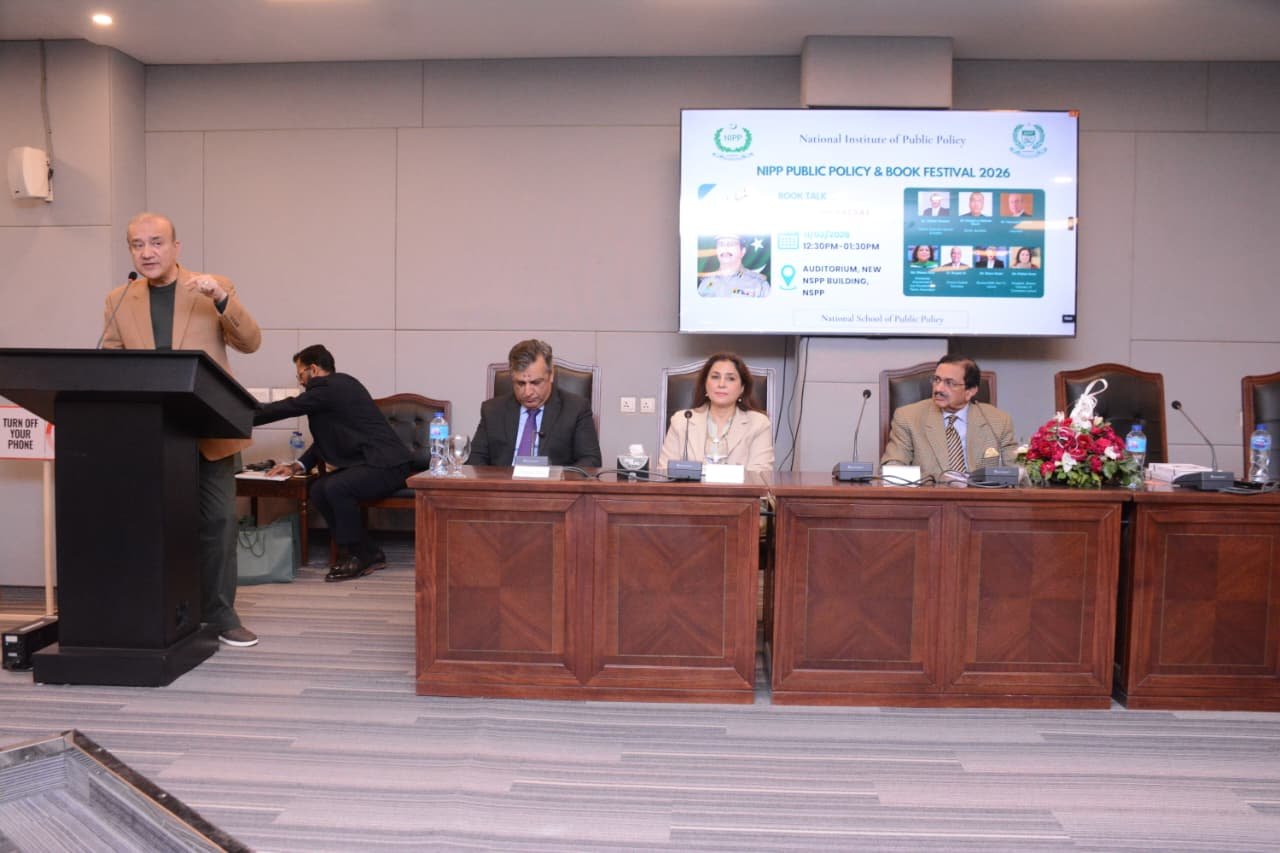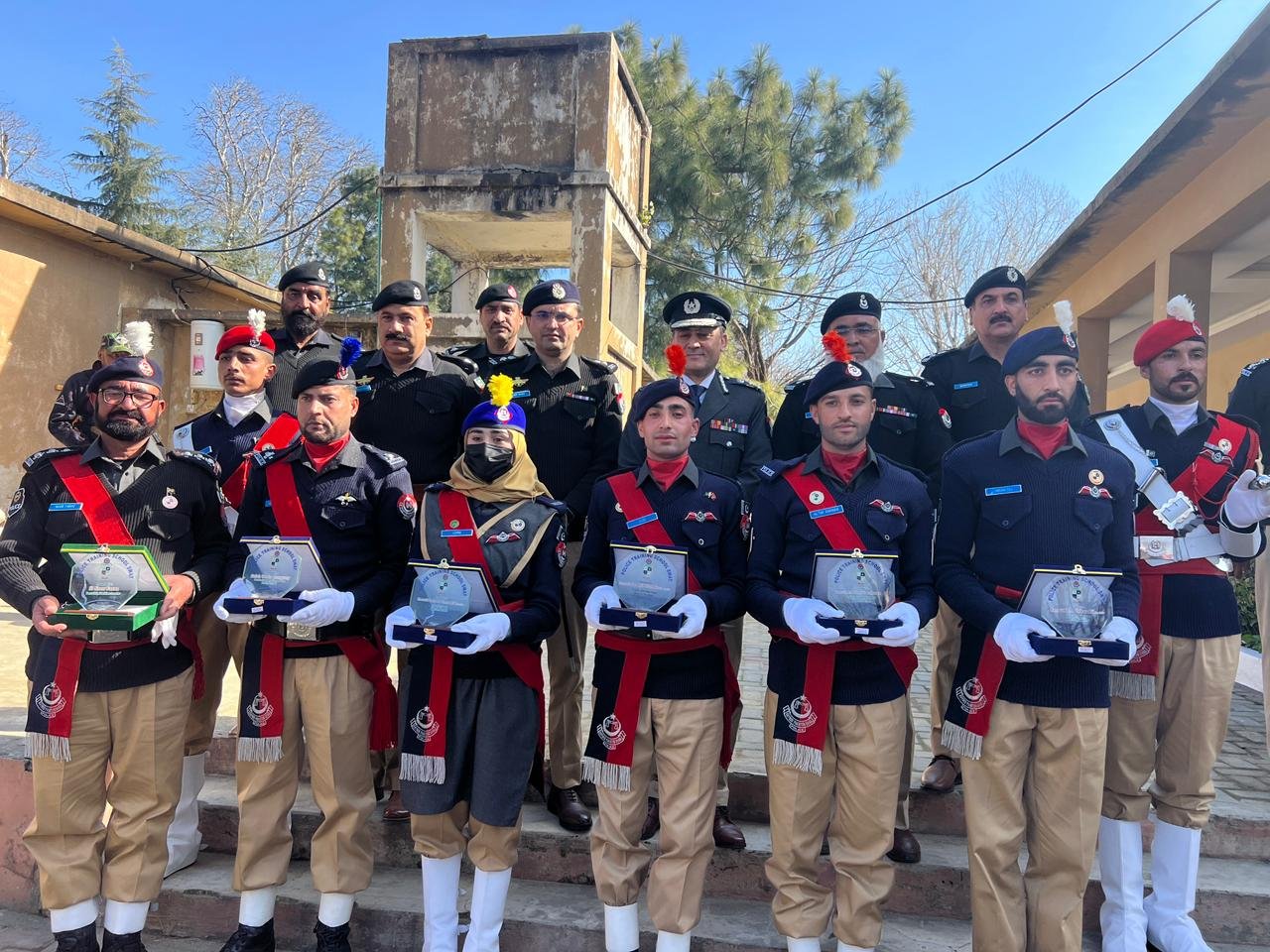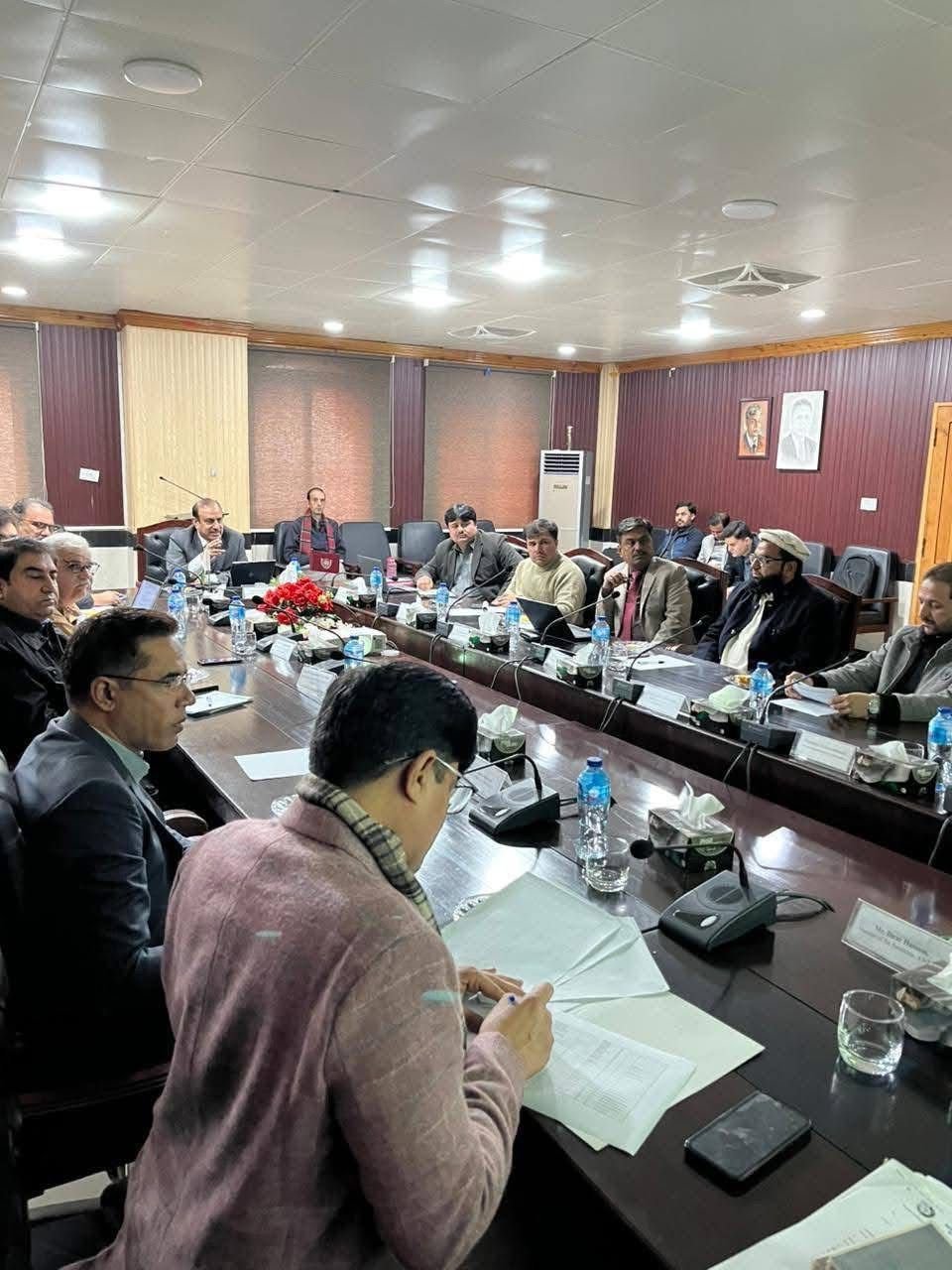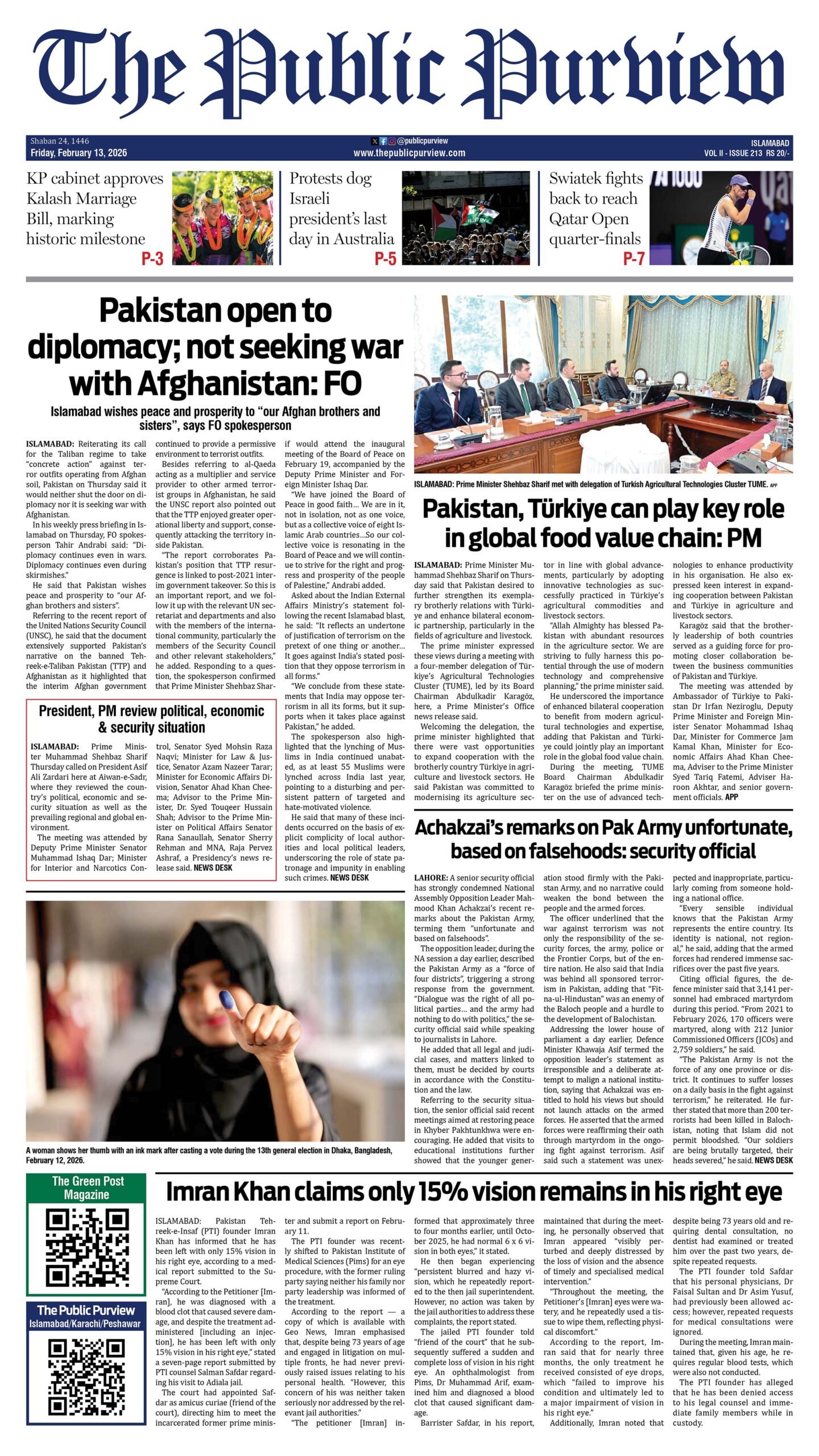The horrifying headlines emerging from Punjab over the past month expose a grim reality: Pakistan’s urban centers, often touted as hubs of development, are failing their women catastrophically. From Vehari’s gambling dens to Lahore’s gated communities, women’s bodies have become battlegrounds for male entitlement, institutional neglect, and societal complicity. This is not merely a crisis—it is a moral collapse.
Consider the case of two teenage sisters in Gujranwala who set their father on fire in a desperate bid to end years of sexual abuse. The father had been raping the elder sister for a year and had twice attempted to assault the younger one. The girls, aged 16 and 12, used petrol from a motorcycle to burn him alive while he slept. Their mothers, both married to the man, were aware of the abuse but did not anticipate this act of revenge
In Lahore, an MPhil student from Government College University was gang-raped by three men, including a male friend who lured her to an apartment in Bahria Town under false pretenses. The perpetrators filmed the assault to blackmail her and later abandoned her on Outfall Road. This case underscores how social media and trust are weaponized against women in urban settings.
Even children are not spared. In Sarai Alamgir (Gujrat district), a four-year-old girl was kidnapped while walking to tuition with her brother. Her body was found in a sack on an empty plot, with evidence of rape and murder. Police arrested a suspect after launching a DNA-based investigation.
Meanwhile, in Vehari, toxic masculinity reached new depths when a gambler allowed his wife to be raped by his friend after losing a bet. The rapist filmed the act and threatened to release it online if she spoke out. This incident highlights how women are treated as property in some communities.
While Balochistan’s tribal communities rallied swiftly for justice in cases like Asma Jattak’s abduction—protesting en masse and blocking highways—Punjab’s urban centers remain mired in hypocrisy. Islamabad’s 2024 data—152 sexual assaults and 890 kidnappings—likely represents only a fraction of actual cases due to underreporting. Survivors often avoid filing complaints because they know the odds: negligible convictions, slow trials, and police stations where victims are mocked instead of supported.
The much-lauded Anti-Rape Act of 2021 remains largely ineffective. Specialized courts promised under the law remain non-operational in many areas, forensic labs lack resources, and even guardians—those entrusted with protecting minors—often turn out to be perpetrators.
Behind these statistics lies a society steeped in toxic patriarchy. The Vehari gambling case reflects how women are dehumanized as stakes in games. Economic disempowerment further exacerbates exploitation; scams like fake job offers continue to lure women into dangerous situations.
To dismiss this as Punjab’s problem alone is delusional. This is a national emergency demanding urgent action. Operationalize specialized gender violence courts with survivor-centric protocols.
Challenge patriarchal norms through public campaigns involving clerics, educators, and media.Reform guardianship laws to protect orphans and minors from predatory caregivers.Hold institutions accountable by publishing quarterly crime data, naming negligent officials, and rewarding communities that prioritize women’s safety.
Pakistan cannot claim progress while half its population lives in fear. The state’s failure to protect women isn’t just incompetence—it’s complicity. If institutions won’t act, citizens must: boycott neighborhoods sheltering rapists, fund survivor-led NGOs, and publicly shame complicit leaders.
The swift response in Balochistan proves that justice is possible—but only where society demands it. Urban Punjab, and indeed the nation at large, must decide: confront this rot now or be forever condemned as enablers of barbarity.
Abdul Ghaffar Bugti
The author is a Balochistan-based columnist and human rights advocate focusing on gender inequality and education






 Today's E-Paper
Today's E-Paper